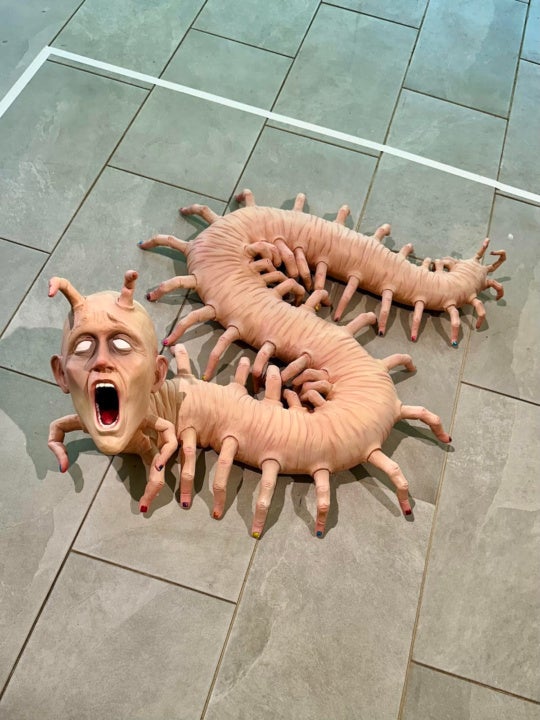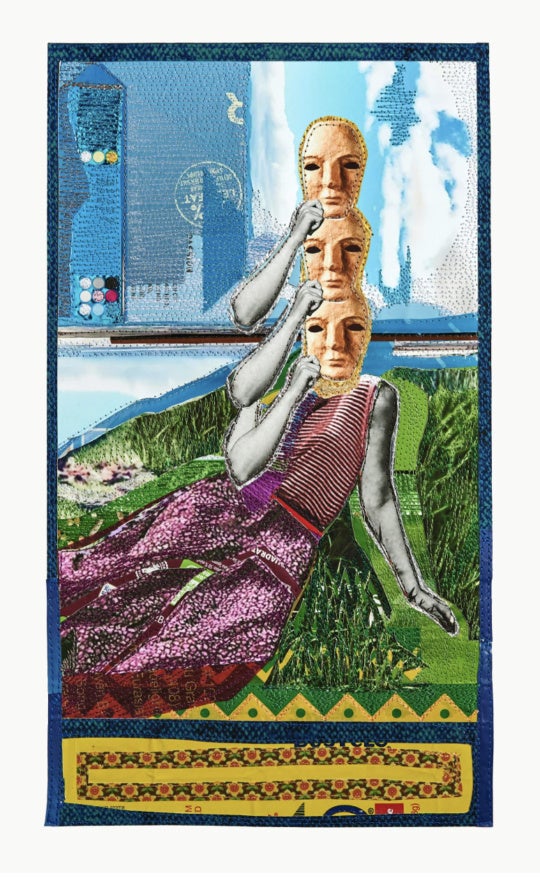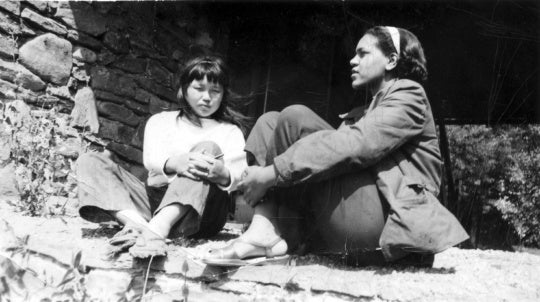
Dani Planer is a young photographer working with the Juvenile Justice Information Exchange’s Youth Arts blog Bokeh. In January 2013, Planer worked with Devin Black to present Urban Deconstruction, a photography exhibition at the Woodruff Arts Center.
Karley Sullivan: How did you get into photography?
Dani Planer: I got my first camera before I began eighth grade. It was a gift from my grandmother, who had noticed that I was interested in photography.
KS: Do you consider yourself an artist, or are you more concerned with the social justice aspect of your work?
DP: I don’t feel like I put enough into it, yet, to call myself an artist. I got into the social justice aspect because I wanted to share what I was learning about. As of now, I’m just taking photos of people and sharing their stories. I hope to someday call myself an artist.

KS: Can you talk about the Juvenile Justice Information Exchange and your place there?
DP: Usually, it’s adults writing about juvenile justice issues and the flaws in the system, but they had me come on [to offer] a youth perspective. So, I’m more of the juvenile than the justice part. I photographed the families in the New Family Normal project, and Youth Today will be releasing my article on LBGTQ issues.
KS: Are LGBTQ issues close to your heart?
DP: Yes, I’m co-president of the LBGT organization at my school. My focus isn’t about separating the social issues into little boxes like race, gender, or sexuality; its about learning how to work together to make it through the tough times. My next article is about how to help trans* individuals feel more comfortable in institutions and organizations.


KS: Going back to the families that you photographed for Bokeh, how did you find your subjects?
DP: They are friends of mine, and I’m close to almost all of them. Those photographs were about looking around at all these people [who] I know are so different than me, and realizing I hadn’t yet expressed interest in the richness of their cultures at home. I wanted to explore their backgrounds and lives in general.
KS: Did they respond positively?
DP: Yes.
KS: It’s nice how people respond to empathic photography. They like to share their stories, as long as the trust between photographer and subject is established. That’s one of my favorite elements of photography; it’s a great way to connect with other people.
DP: For sure. That’s what I want to do. I want to use photography as a way to communicate. I use my projects as sociological explorations. It’s a way for me to learn about my friends and their culture without feeling awkward about it. I also learn about myself in the process.

KS: I wanted to ask you about what you see as defining your generation. What are the attitudes and issues that you encounter with your contemporaries?
DP: It’s difficult to speak to my entire generation, but I can address the attitudes of my peers. I can see that they care about other people and are focused on tolerance. We respect the rights of other people to live how they want. So, though my peers and I do come from a place of privilege, we are passionate about issues that affect other people.
KS: This idea of privilege, what does that mean to you?
DP: So, the definition of privilege is essentially any special right or advantage granted to a person based entirely on economic status, race, gender identity, sexual preference, etc. So, although it has recently become a buzzword, it’s not as if when you’re “privileged” you can’t speak to certain issues. The thing is, by using your privilege you can accomplish bigger things and effect change. When you are conscious of the circumstances of others, acknowledge the differences, and use your given advantages wisely, then it isn’t a negative term. Recognizing this has helped me to realize that I have to put serious effort into trying to use any opportunities that I have been granted. What we need to do is educate people about the circumstances that other people live with, and hopefully watch that education snowball as people go about educating others. That’s how progressive revolutions happen, right? My point is that you have to be open to discussion about how people live their lives, and you have to respect their positions no matter where you stand.
* The interviewee asked that this word be adumbrated to suggest the breadth of experiences that it inadequately represents.





